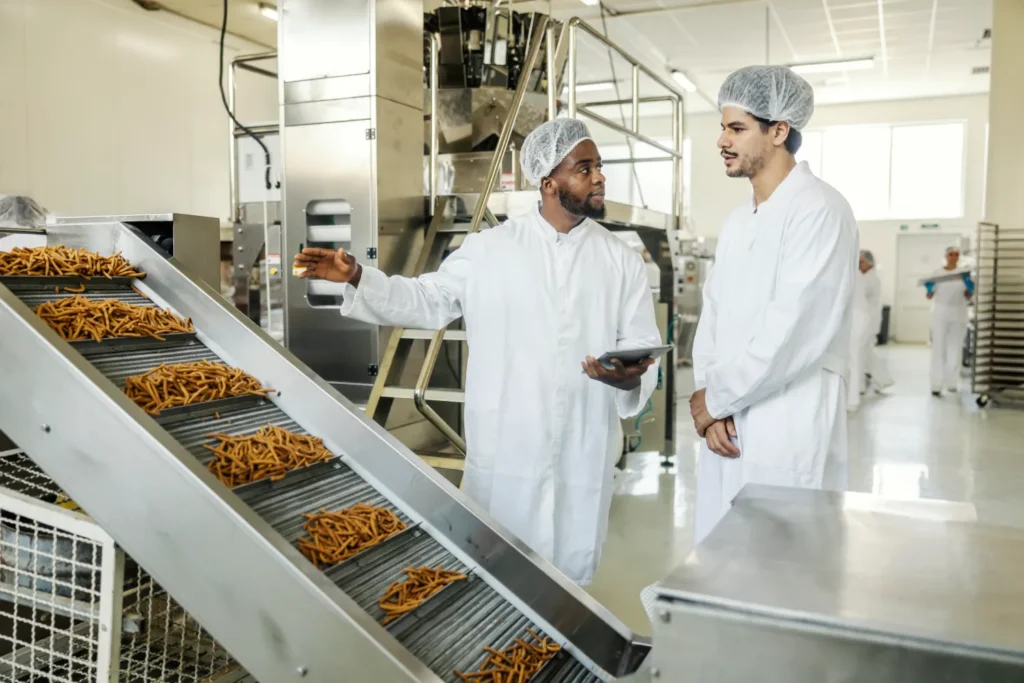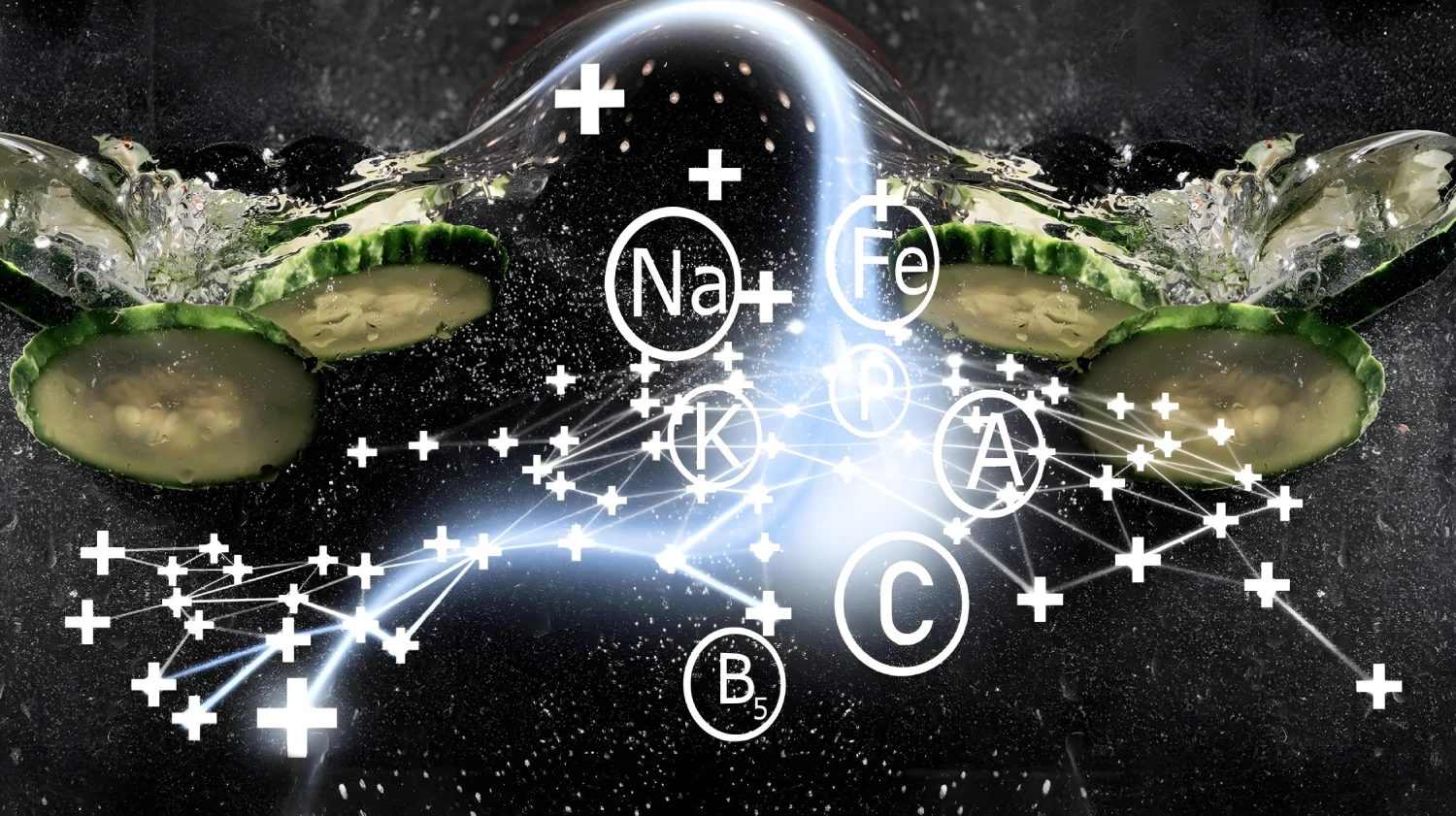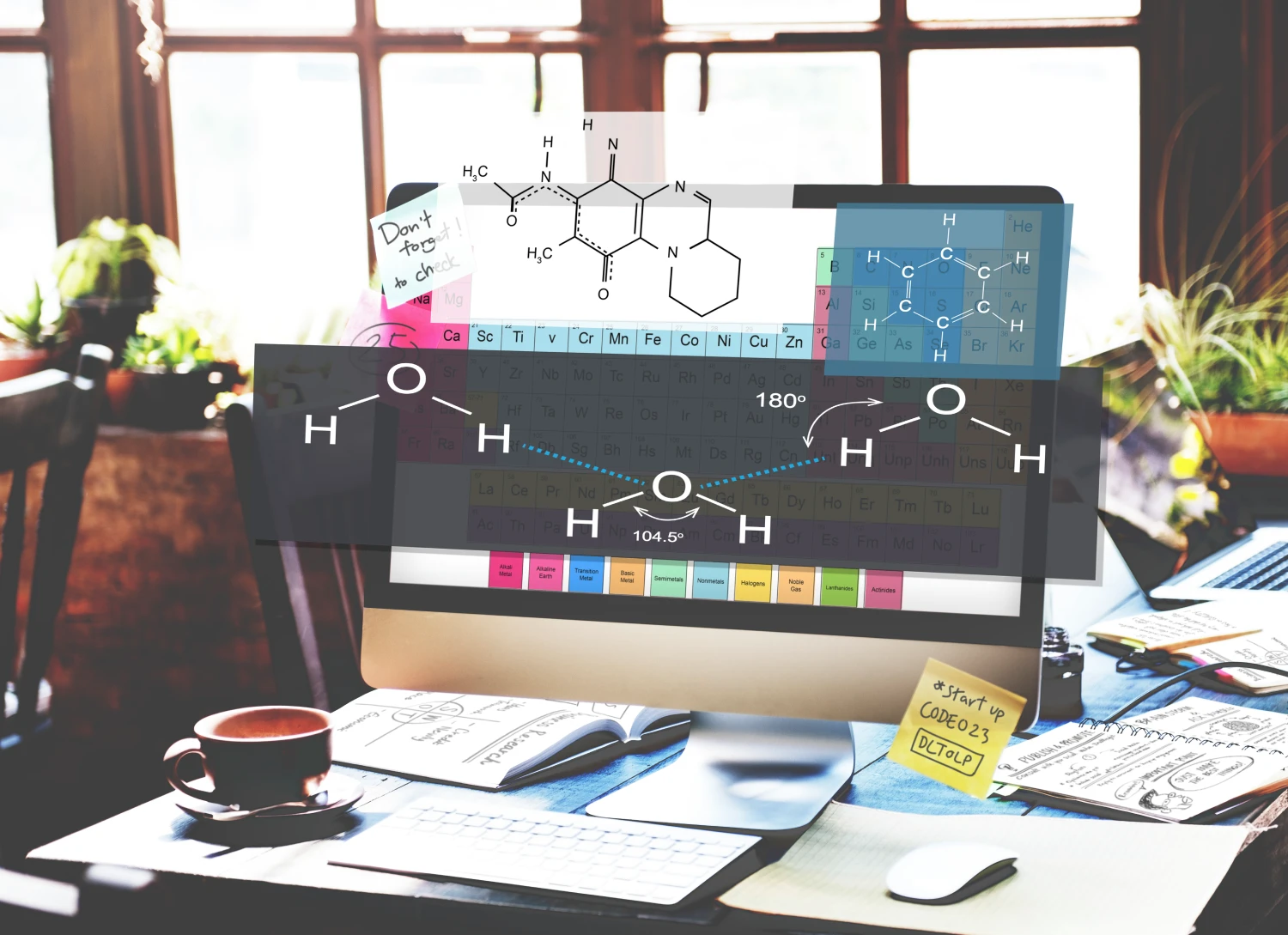How Food and Beverage Consultant Can Help You to Carefully Develop a New Food Product

Bringing a new food product to life is an exciting yet challenging journey that involves much more than just a great-tasting recipe. It encompasses strategy, science, compliance, scalability, and cost-efficiency all working together in harmony. For many food entrepreneurs and businesses, this journey can quickly become overwhelming without the right guidance.
That’s where an experienced food and beverage consultant steps in to transform your vision into reality. From the spark of an idea to the moment your product hits retail shelves, a consulting expert becomes your behind-the-scenes partner ensuring every stage is executed flawlessly and strategically.
In this comprehensive guide, we explore how food industry advisors help you carefully develop a new food product that’s market-ready, regulatory-compliant, cost-effective, and scalable. Whether you’re a startup, established brand, or passionate food entrepreneur, this guide will empower you to make informed decisions across every step of your new product development in the food industry journey.
1. From Vision to Demand: The Food Ideation Process
Every successful food product begins with an idea, but ideas alone don’t sell; validated ideas do. A product development specialist begins by facilitating structured ideation sessions that combine your culinary passion with real-time market intelligence and consumer behavior insights.
The ideation process involves comprehensive research examining:
- Current food innovation trends
- Cultural food preferences
- Ingredient gaps in the market
- White space opportunities across product categories
This systematic approach ensures that your product concept addresses a genuine consumer need rather than simply following personal preferences.
Whether you’re building a keto dessert, plant-based protein bar, or functional beverage, the ideation process ensures your concept addresses a real need and stands out in a competitive market. Industry consultants leverage industry insights, consumer trends, and techno-commercial feasibility studies to drive innovative and market-relevant food product ideation.
2. Building the Blueprint: Concept Development Strategies
Once promising ideas are shortlisted, the food development expert helps convert these into concrete product concepts that serve as the foundation for all subsequent development work. This transformation is critical because it moves you from abstract ideas to tangible specifications that can guide formulation and manufacturing decisions.
A comprehensive product concept includes:
- Ingredient themes
- Preliminary nutritional targets
- Target audience personas
- Usage occasions
- Product claims such as gluten-free or high-protein
- Packaging type and format
- Suggested pricing and serving sizes
The goal is to visualize what the final product will offer and how it will fit into consumers’ lifestyles.
Experienced culinary advisors specialize in building holistic blueprints that serve as the foundation for downstream formulation, feasibility studies, and manufacturing processes. This blueprint acts as a guiding framework for your development journey, aligning stakeholders around a shared vision.
3. Risk Evaluation and Product Feasibility Study
You might have a powerful concept, but is it feasible, legal, and scalable? Food consultants run a full audit examining regulatory compliance to ensure the product meets necessary FSSAI regulations, label claims, and food safety norms. This includes verifying that labeling, shelf-life regulations, and ingredient declarations are accurate and compliant.
Key areas of risk assessment include:
- Regulatory compliance: Ensuring the product meets necessary FSSAI regulations, label claims, and food safety norms
- Risk anticipation and mitigation: Assessing potential risks such as ingredient interaction issues, temperature sensitivity, shelf-life instability, or allergen cross-contamination and providing alternative solutions
- Manufacturing strategy consultation: Helping you choose between contract manufacturing (CMU) and building your own factory setup, based on budget, control requirements, and scalability needs
This strategic choice impacts your capital expenditure, brand control, and time-to-market, making it crucial for F&B product launch planning.
4. Laying the Scientific Foundation: Strategic Product Formulation
Food product formulation is where scientific precision shapes every aspect of your product from nutritional value to consumer appeal. It’s not just about getting the flavor right; it’s about engineering a formulation that aligns with your target market’s expectations and regulatory standards while ensuring manufacturability at scale

Food technologists collaborate with nutrition experts to develop formulations that achieve the right balance of:
- Nutritional goals
- Sensory attributes
- Functional performance
- Clean-label requirements
They focus on macronutrient and micronutrient balance, texture, mouthfeel, binding agents, preservatives, and natural ingredient sourcing.
Ingredient sourcing is conducted with a focus on quality and reliability. Product development specialists help identify suppliers who provide consistent, food-grade, cost-effective ingredients while meeting standards for purity, traceability, and regulatory approval. Vendor selection ensures partners who can guarantee supply chain integrity and meet food safety certifications.
5. Testing for Perfection: Ensuring Safety, Quality and Nutritional Integrity
Before market launch, your food product must meet rigorous safety, quality, and consistency standards. This stage ensures compliance with FSSAI and global food safety regulations while validating that the product delivers on its nutritional and sensory promises.
Comprehensive testing includes:
- Physical, chemical, microbiological, and nutritional analysis
- Lab testing evaluating:
- Moisture content
- pH levels
- Nutritional profile including macronutrients and micronutrients
- Microbial load including pathogens like E. coli and Salmonella
- Chemical contaminants such as pesticide residues and heavy metals
How long will your product stay fresh and appealing? Shelf-life studies conducted under controlled conditions evaluate microbial stability, nutrient retention, and sensory degradation over time. Sensory evaluation through tasting panels assesses flavor, aroma, texture, mouthfeel, and overall appeal. Quality control protocols create detailed standard operating procedures ensuring consistent quality in every batch produced.
6. Building the Right Foundation: Process Engineering and Manufacturing Setup

Scaling your product from lab to factory involves careful planning and technical workflow mapping. This transition is often where many food entrepreneurs face challenges because lab conditions differ significantly from industrial production environments.
Expert support includes:
- Creating detailed process flow diagrams
- Recommending appropriate equipment and machinery
- Designing layout plans that align with FSSAI and Good Manufacturing Practice norms
- Establishing comprehensive standard operating procedures
- Setting up clean zones and production lines that meet food safety requirements
Whether you’re opting for in-house production or scaling via a co-packer, process engineering ensures repeatability, efficiency, and safety throughout the manufacturing process while preventing costly mistakes.
7. Balancing Budgets and Value: Costing and Commercial Viability
A great product must make financial sense across its lifecycle to ensure business sustainability. Food industry professionals conduct detailed cost modeling analyzing:
Cost factors include:
- Raw materials
- Anticipated wastage
- Packaging expenses
- Labor costs
- Utilities
- Operational overheads
- Logistics, warehousing, and taxation
Based on this assessment, development advisors help you arrive at an optimal selling price that aligns with desired profit margins while remaining competitive. They assist in creating a pricing ladder across different stock keeping units and pack formats, helping your product cater to different retail environments and customer segments from premium to value-based offerings.
8. More Than Looks: Packaging That Protects and Engages
What’s the first thing customers notice about your product? Packaging protects the product from damage, contamination, and spoilage while serving as a powerful marketing tool that influences buying decisions. A consultant ensures your packaging meets technical, regulatory, and logistical requirements including
Key packaging considerations:
- Barrier properties
- Tamper resistance
- Eco-friendliness
- FSSAI compliance
The packaging style is tailored to product type and format. Industry experts help determine the ideal format whether it’s pouches, trays, cartons, or bottles, based on product nature, shelf-life needs, and distribution channels. They assist in sourcing reliable vendors and choosing sustainable options that differentiate your product on shelves.
9. Creating a Brand That Resonates: Strategic Food Branding
Branding is your product’s personality and emotional connection with consumers. A well-defined brand communicates who you are, what you stand for, and why customers should choose you over competing products in an increasingly crowded marketplace.
Food industry specialists work with creative strategists to build brands that are visually striking and meaningfully aligned with business goals. This includes:
- Crafting memorable brand names and taglines
- Developing compelling brand stories
- Shaping distinctive voices that resonate across platforms
The goal is to create a comprehensive brand experience that builds trust, loyalty, and recognition in a competitive market. This emotional connection transforms one-time buyers into loyal customers who actively recommend your product to others, creating word-of-mouth marketing that drives sustainable growth.
10. From Shelf to Cart: Food Marketing Strategies That Work
How do you cut through the noise in today’s crowded marketplace? Strategic marketing captures consumer attention and generates demand in an increasingly noisy marketplace. Product marketing experts craft tailored marketing plans that highlight your product’s unique appeal and reach the right audience through effective channels.
This includes:
- Digital marketing campaigns across social media platforms and search engines
- Influencer partnerships for authentic endorsements
- In-store sampling for firsthand product experience
- Email marketing campaigns and loyalty programs for repeat purchases
- Content marketing through blogs and recipe videos that add authenticity while building brand affinity
Analytics dashboards track performance across channels and optimize return on investment, ensuring marketing budgets are allocated effectively and campaigns are continuously improved for better results.
11. Driving Growth: Sales Planning and Distribution Channels
Getting your product onto the right shelves is crucial for success. Food and beverage consultant help build tailored sales strategies based on product type, price point, and target audience. Whether it’s modern trade outlets, local stores, or e-commerce platforms like Amazon and BigBasket, each channel serves a specific purpose.
They guide:
- Direct-to-consumer model setup through your website for higher margins and better engagement
- Hotels, Restaurants, and Catering segment positioning for bulk buyers
- Distributor identification, pitch deck development, and trade promotions
This comprehensive market research to develop a new food product ensures your go-to-market plan is strategic and results-driven, maximizing market penetration and sustainable sales growth.
12. Beyond the Launch: Continuous Improvement and Post-Launch Support
Is your work done once the product hits the shelves? Sustained success requires continuous iteration based on market feedback and changing consumer preferences. The food industry is dynamic, and products that don’t evolve risk losing relevance to more adaptive competitors.
Advisory professionals support ongoing improvement by:
- Collecting and analyzing consumer feedback
- Monitoring competitor moves and market shifts
- Tweaking formulation or pricing based on insights
- Planning seasonal variants that keep the brand fresh
- Implementing sustainability practices that meet evolving consumer expectations
They also support scale-ups when demand exceeds capacity, exports to new markets, and new product line development once the first stock keeping unit succeeds, ensuring long-term business growth and adaptation.
Conclusion: Why a Consultant Is Your Best Ingredient for Success
To develop a new food product successfully requires complex orchestration of creativity, science, business, and regulation across multiple disciplines. Partnering with an expert industry advisor not only simplifies this process but maximizes your chances of creating a successful, sustainable, and scalable brand.
The journey involves numerous challenges and decisions that can make or break your success. From initial concept validation through formulation, testing, manufacturing setup, branding, marketing, and ongoing optimization, each stage requires specialized knowledge that most entrepreneurs may not possess internally.
A professional consultant brings:
- Objectivity
- Industry connections
- Technical expertise
- Proven methodologies that save time, reduce costs, prevent costly mistakes, and increase your probability of market success
They serve as your strategic partner throughout the entire process, providing guidance and expertise when you need it most.
Ready to turn your food product idea into reality? Food Buddies provides comprehensive food and beverage consulting services to help you develop successful products from concept to market. Connect with our experts today to begin your product development journey.
Frequently Asked Questions (FAQs)
Q1. How long does it take to develop a new food product with a consultant?
Typically, the food product development process takes 3 to 6 months. It may vary depending on complexity, regulatory requirements, and manufacturing scale.
Q2. Can a food consultant help with export-ready formulations?
Yes. Food consultants specialize in building products that comply with international food standards and labeling laws.
Q3. Is it necessary to invest in my own factory?
Not always. A consultant can help you decide whether contract manufacturing or in-house production is best for your business goals.
Q4. Will the consultant handle licensing and FSSAI registration?
Absolutely. Consultants assist with FSSAI licensing, labeling compliance, and other regulatory documentation.
Q5. Do consultants also help after the product is launched?
Yes. Post-launch services include product improvements, consumer feedback tracking, sales strategy refinement, and sustainability planning.






